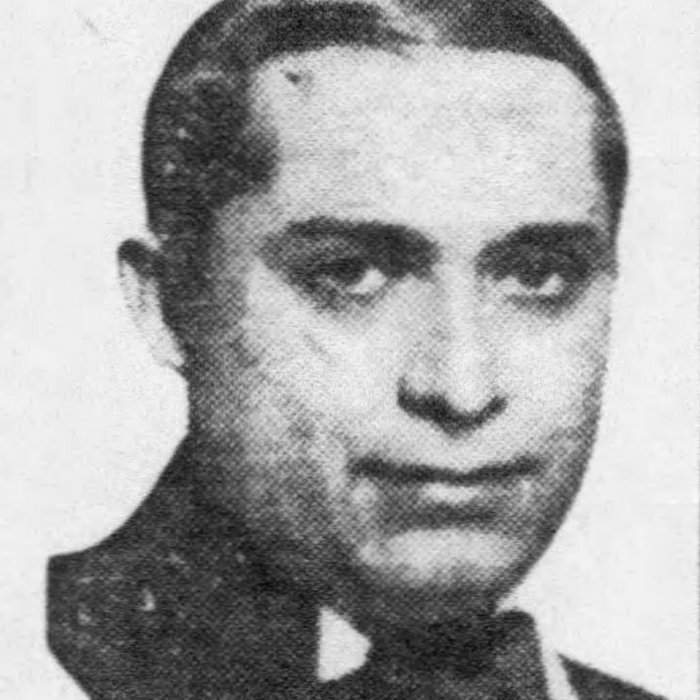
Doina Oltului – Cornelius Codolban & his Gypsy Trail Orchestra
this blog is GROOVY – check out great Soul, Funk, Jazz, Hip Hop, Bass, Breaks , Reggae, House n many more TUNES
Classical music—it’s not just for snooty concert halls and fancy soirées. This genre has a rich history, packed with characters who are as quirky as they are talented. So kick back, relax, and let’s groove through the fascinating world of classical music!
Believe it or not, classical music isn’t just about Beethoven banging on his piano (though he definitely did that). It all kicked off way back in the medieval period (around 500-1400 AD) when folks first started jotting down musical notes. They weren’t using emojis back then; they created something called “neumes.” Imagine writing a song with hieroglyphics!
The Renaissance (1400-1600) saw composers like Josquin des Prez taking center stage. He was such a hit that people went wild over him—like Beatlemania but with harpsichords!
Then came the Baroque era (1600-1750), where things got extra spicy thanks to masters like Bach and Vivaldi. You know “The Four Seasons”? That dude Vivaldi basically said, “Let’s throw some seasonal vibes into our music!” Who doesn’t love a good autumnal concerto?
Fast forward to the Classical period (1750-1820), where composers like Haydn and Mozart were living their best lives. Mozart? Oh man, he was a child prodigy who wrote his first opera at age 11! Can you imagine your kid composing symphonies instead of trying to figure out how to tie their shoes?
Mozart had quite an interesting sense of humor. Known for his playful spirit, he sometimes sent silly letters filled with fart jokes to friends! Who knew one of history’s greatest musicians had such a juvenile side? Talk about keeping it real!
Then there was Haydn known for being super chill but also pretty clever in finding ways around composition rules – almost like breaking curfew without getting caught.
As we drifted into the Romantic era (1820-1900), everything turned up several notches in emotional intensity. Composers began pouring their hearts onto paper—and boy did they have intense lives too! Chopin whispered sweet nothings into pianos while struggling with poor health throughout his life.
Another Fun Tidbit:
Chopin was such an introvert that he hated performing publicly; instead, he’d host cozy salons at home where only intimate friends would gather around him while he showcased his genius without all those judgmental faces staring at him.
And who could forget Tchaikovsky? This guy wore his heart on his sleeve (“Swan Lake,” anyone?) But here’s something cheeky: Tchaikovsky didn’t always write serious stuff—the dude composed ballets inspired by fairy tales AND made fun of opera singers behind closed doors!
In the 20th century, classical music entered its wild experimental phase—think less tuxedos and more artistic expression. Igor Stravinsky shook things up big time with “The Rite of Spring.” When it premiered in 1913? People rioted! Yup—that’s right—a full-blown riot over some avant-garde music! Now that’s what I call creating waves!
Some composers even brought jazz influences into classical sounds because why limit yourself? George Gershwin combined two worlds seamlessly —his piece “Rhapsody in Blue” is still hailed as innovative today!
Gershwin himself wasn’t so stuffy though—rumor has it he once wrote pieces sitting on top of filed notes from previous compositions or doodling sketches during meetings…talk about multitasking wizards looking for inspiration wherever they can find it!
Today’s classical scene celebrates both tradition and modern innovation—from contemporary orchestras rocking electronic beats alongside traditional instruments to soundtracks scoring epic blockbusters (cue Hans Zimmer).
A fun little quirk these days?
Some orchestras now perform entire concerts dressed casually rather than formal wear—all parting ways from elitist norms stirred away long ago.
Plus let’s face it—aiming for connecting deeper emotions through various sounds remains timeless but take note – even Beethoven would approve this casual vibe if given half-a-chance!
So there you have it—the groovy evolution through centuries worth exploring within classic tunes peppered full-color anecdotes showcasing humanity amid genius creators thriving together under melody-driven passions transcending eras past baroque onions peeling deeper each time we press play… 🎶✨

Doina Oltului – Cornelius Codolban & his Gypsy Trail Orchestra

Love and Hate in a Different Time – Gabriels
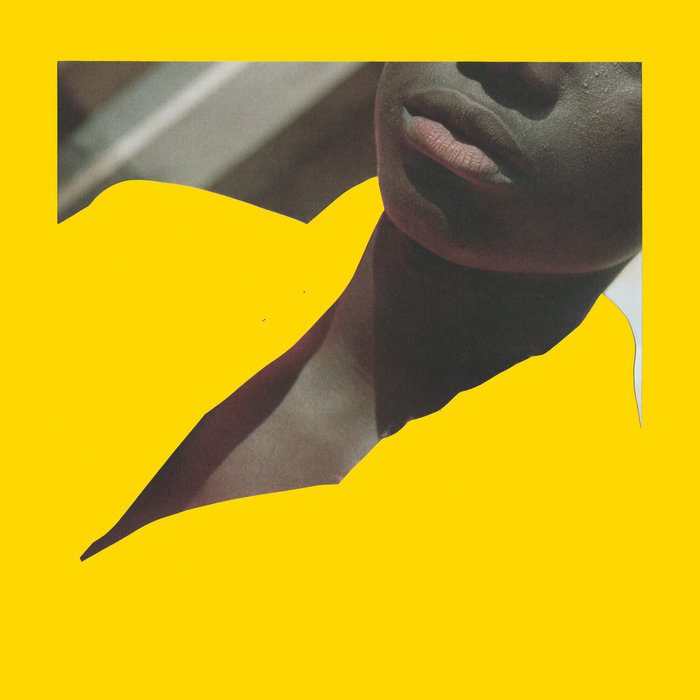
Whatsapp – Duval Timothy
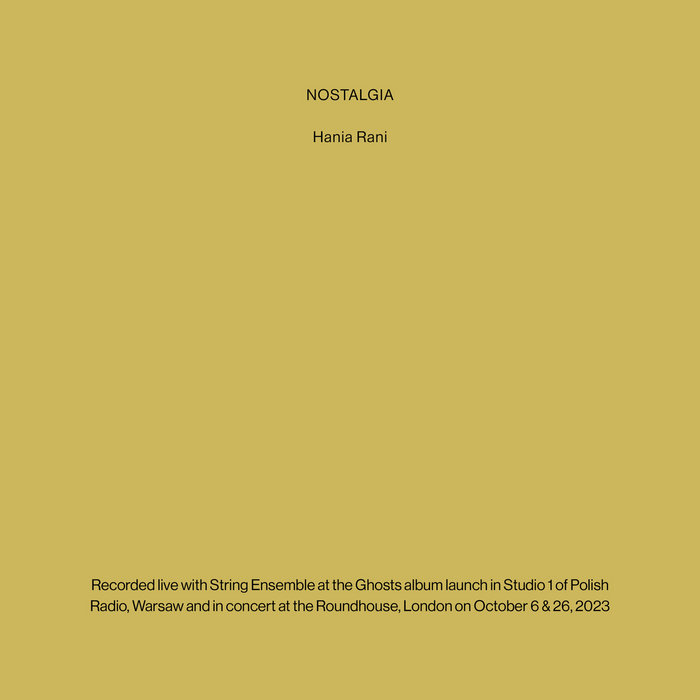
Don't Break My Heart (Studio 1, Warsaw) – Hania Rani
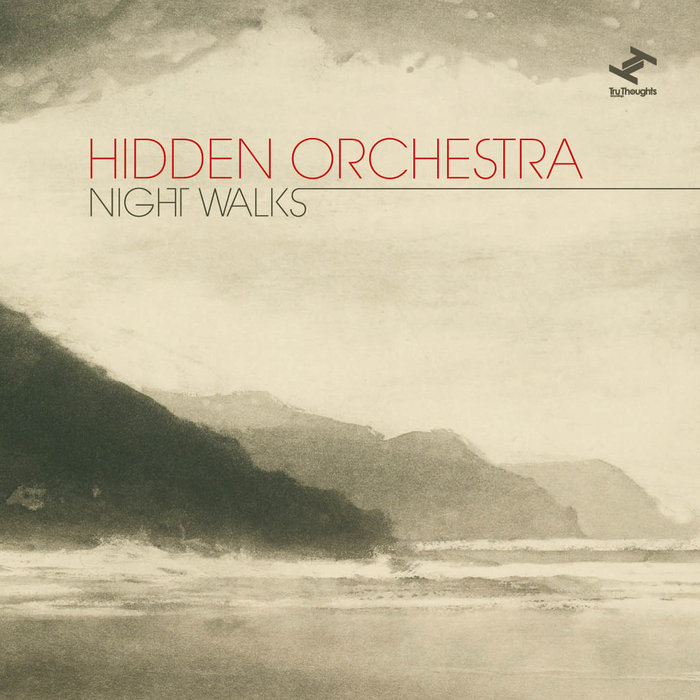
Footsteps – Hidden Orchestra
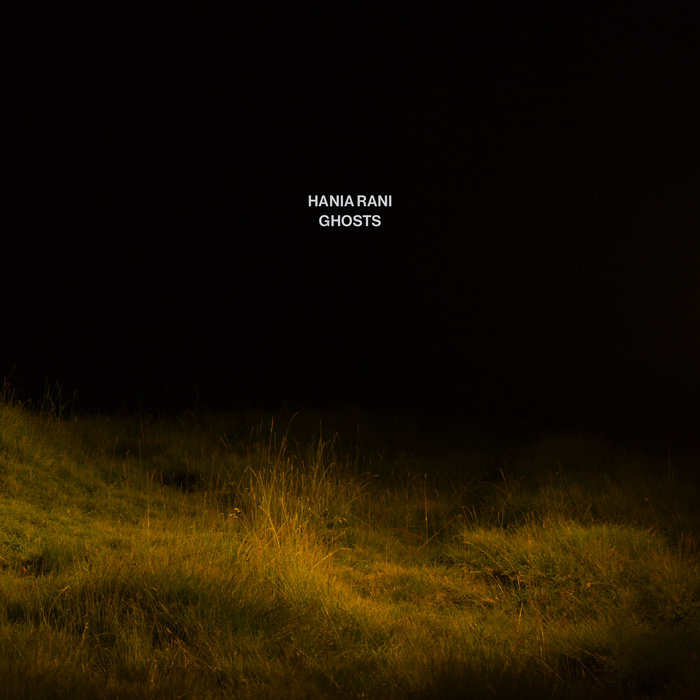
Don’t Break My Heart – Hania Rani

Bash's Theme – SHOLTO
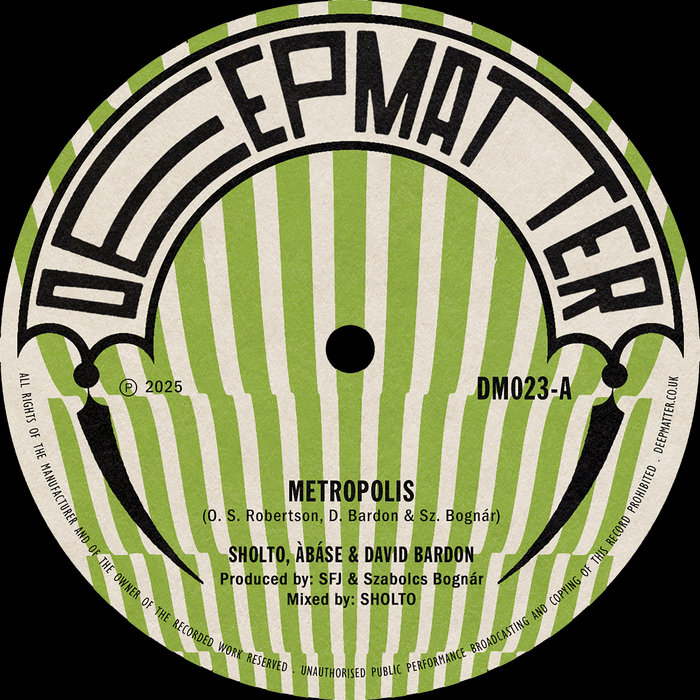
The Right Orchid – SHOLTO
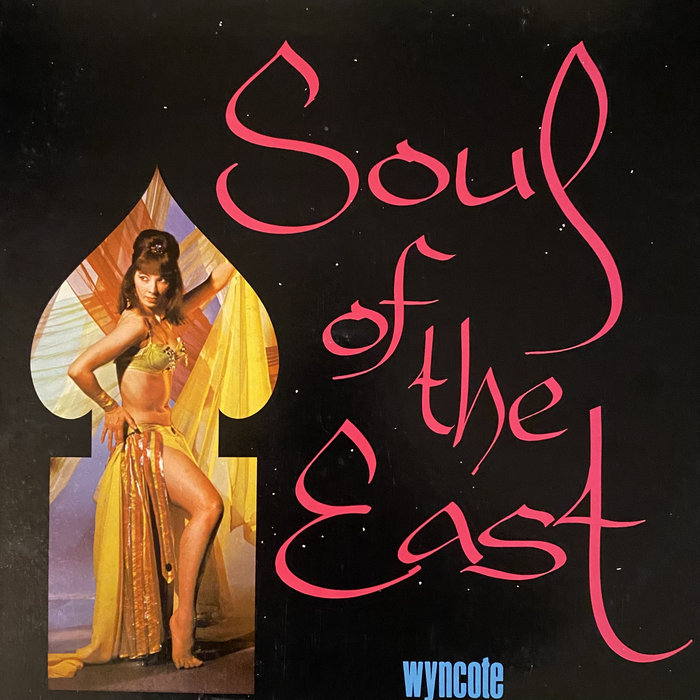
Tempo of the Veils – Fred Elias with Buddy Sarkissian & his Mecca Four
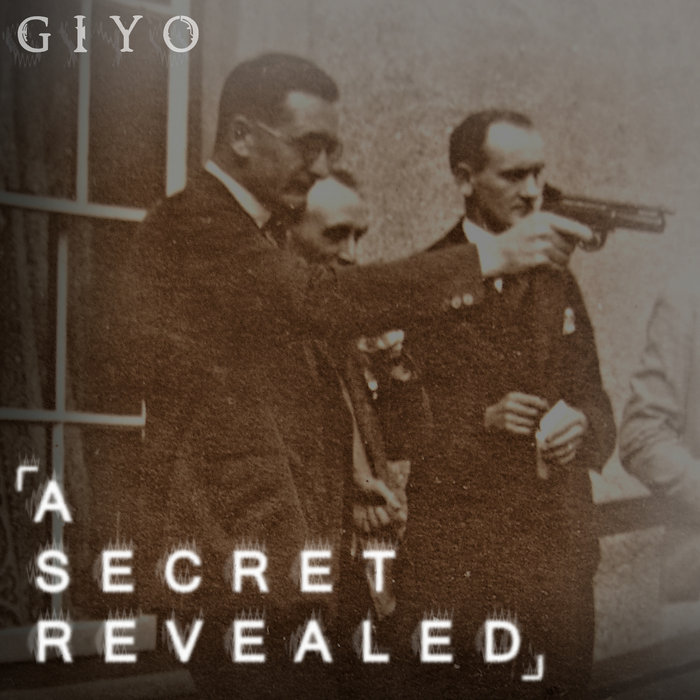
A Secret Revealed – Giyo